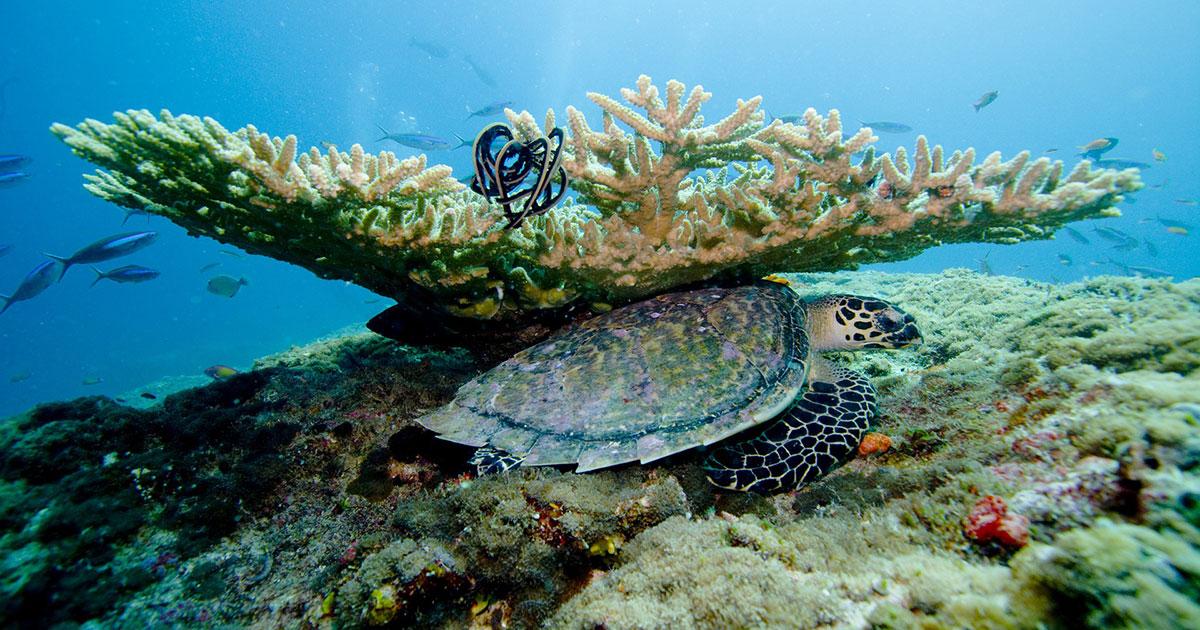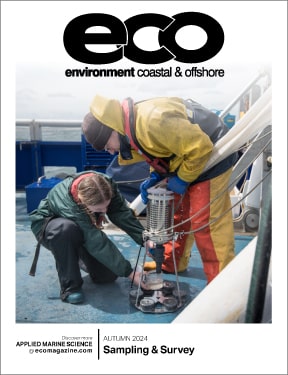A study, published in Nature, has found that coral reefs won’t be able to grow fast enough to keep up with the predicted increase in sea levels by 2100.
“These findings highlight a major consequence of ecological decline on these very iconic marine ecosystems. Namely that they are losing their potential to keep pace with accelerating rates of sea level rise,” explains lead author Professor Chris Perry.
Coral reefs are home to 25 percent of all marine life, and rivals that of the tropical forest of the Amazon or New Guinea. In recent years, coral reefs have been on the decline due to a range of anthropogenic and environmental factors. It is thought that one-quarter of coral reefs worldwide are considered damaged beyond repair, and two-thirds are under serious threat.
In the study, researchers calculated growth rates from more than 200 tropical western Atlantic and Indian Ocean reefs. They found that even under the most modest climate change predictions, only three percent of Indian Ocean reefs will be able to keep up with the rising sea level projections. If current high emissions continue at today’s rate, then most reefs will experience an increase in sea level rise of over half a meter.
Reefs also play a key role in shoreline protection by acting as a natural sea defense and limit coastal wave energy exposure. Professor Perry says “[with rising sea levels] their role as coastal protective structures will be diminished and this will have major consequences for many low-lying coastlines and reef islands.”
“Now more than ever, we must limit global greenhouse gas emissions. Our predictions, even under the best-case scenarios, suggest that by 2100 the inundation of reefs will expose coastal communities to significant threats of shoreline change,” said co-author Professor Peter Mumby of Coral CoE at the University of Queensland. “Healthier coral reefs will reduce the rate of seawater inundation.”
Other major factors that also threaten coral reefs include destructive fishing practices, overfishing, careless tourism, and pollution. The combination of all these factors may lock reefs into permanent low growth rates and lead to a higher level of submergence in future sea level rise scenarios.
By Jessica Fairbrother, Institute of Marine Sciences, University of Portsmouth (UK)

